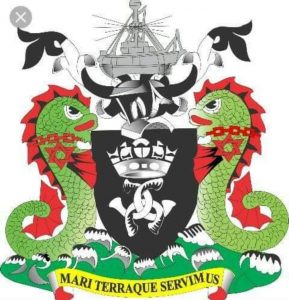Who Pays For The Money Taken From Your Bank Account Fraudulently Via Online Transactions? – Solomon Olukoya | GOVERNMEND

To start with, virtually all of the known Card Merchants (e.g. Visa, Mastercard, et al.) include a policy in their Terms and Conditions known as the “Zero-Policy Liability” which implies that cardholders (YOU), are by default NOT to be held responsible for transactions that are not initiated or authorized by them (cardholders).
Who then is liable when you’re defrauded via the card issued to you by your bank?
Ordinarily, whoever has your Credit/Debit Card details is most often than not held responsible. This could either be your bank or at a Point of Sale (POS) where you purchased with your card.
The Nigerian Federal High Court in the popular case of Abolade v. FBN Plc & Mastercard WA, Ltd FHC/L/CS/405/13, delivered on the 10th of April, 2019 adopted and relied on the decision of the Court of Appeal of Nigeria in the case of GTB v. Motunrayo CA/L/461/2016, delivered on the 1st of March, 2019 and ruled that because there is no privacy of contract between the cardholder and the card company, the card merchants will not be liable for fraudulent transactions on the card holder’s bank account. This is because card merchants do not supply the essential payment technology or platform for a transaction to be completed.
Hence, your bank is typically held responsible or liable.
When the Card Merchant can be Liable?
The tricky twist that could indulge the card merchant is to prove whether or not the Credit/Debit card was present at the time of the transaction or not. If the card is present; the bank is most likely to be liable. While on the other hand, the Card Merchant may be held liable when there is no card present at the time of the transaction.
Can the cardholder (you) can be held liable or responsible for your lose?
There are instances where you may be held responsible, and as such your funds become non-refundable. This is usually when;
- You fail to report the issue to your bank within two months (60 days) of the unauthorized transaction,
- They (your bank) can show that you authorized it, or;
- That you made the transaction.
Please, note that the General Data Protection Regulation (GDPR) in a case where you make a purchase or at a Point of Sale where your data is collected and stored without your consent, this makes the organization liable under the provisions of Article 4(12) of the GDPR and Part 1.3 (xxii)
Additionally, even when your data is collected with your consent, the law (GDPR) still shields you against data breaches; should in case your data was stolen (hacked) from an organization’s database.
Conclusively, it is expedient that I remind you that banks do not call to ask for your
details for any reason.
So, never fall for the hoax of submitting your bank card details or pin for any reason whatsoever.
Source: Solomon Olukoya







